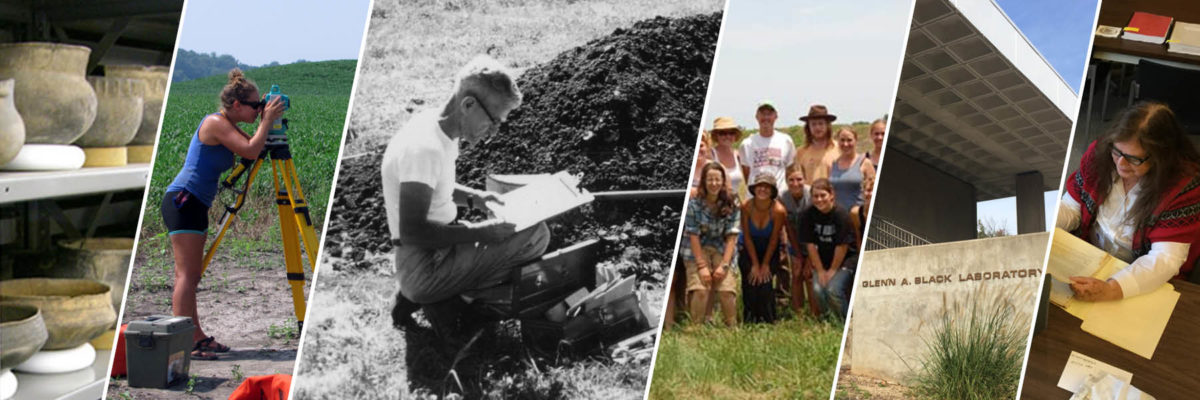February 27, 2017
by Rachna Chaudhari, Bicentennial Intern, Spring 2017
Based on the family correspondences, it is fair to say religion was the center of life for the Wylie family. Because Andrew Wylie was a Presbyterian minister, this makes sense. It is also quite possible the Wylie’s were much more religious than the ordinary citizen because of this. Almost all of the letters mention God in one way or another. In one letter, Andrew Wylie wrote to Margaret Wylie on May 25th, 1829,
“I have felt more sensibly than ever since I left you the importance of living near to God & drawing all our comforts hopes & consolations from his mercy in Christ Jesus as promised in the gospel to the penitent & believing. May we feel our need of Christ more & more & live by faith upon him. We have much reason to bless God for all his goodness to us & to our family. There is one thing that we ought to desire for them above all earthly good, that they may become the subjects of divine grace & the King of Eternal life. Give my love to them all, & believe me to be in the bonds of the tenderest & sincerest affection your loving husband.”

This quote speaks volumes about Andrew Wylie’s strong devotion to God.
For the Wylie family and other nineteenth century Americans, religious faith was a crucial source of comfort. However, it is clear that as the years went on, even Andrew Wylie himself did not completely assuage his grief following the passing of his sons. Andrew Wylie was a man of many talents. He was a minister, professor, president, father, and a laborer. He was an amazing individual who somehow managed all of these roles. But it is clear he faced grief and had problems coping with it just like anyone else. After Samuel’s death, Andrew writes in a letter to John H. Wylie on January 4th, 1851, “I have begun feel the weight of the years. I eat not with the relish I once enjoyed.” Even through all of this, Andrew Wylie does not forget to remain humble and thankful for all he does have as he says,
“I look back over the varied scenes of a life of toil and care; & can see in the way in which God has led me “these forty”—more than that—“years in the wilderness” much, very very much, for which I ought to be thankful; and also humble.”
In the above passage, Andrew Wylie references Deuteronomy 8:2 which says, “And thou shalt remember all the way which the LORD thy God led thee these forty years in the wilderness, to humble thee, and to prove thee, to know what was in thine heart, whether thou wouldest keep his commandments, or no.” Andrew Wylie views his troubles and tribulations as a test from God, and his triumph represents his faith and loyalty to God.
The early nineteenth century was a time of much uncertainty. Concepts like vaccination and pasteurization were either still developing or brand new. Many people died at young ages of various diseases like measles, scarlet fever, and consumption (tuberculosis). Infant and child mortality rates were high, and outbreaks of cholera, typhoid, and other fevers were very common. Four of Andrew Wylie’s twelve children died at fairly young ages, and one of them, John Hosea, died of consumption.
All in all, the nineteenth century was a dangerous era to live in. Andrew Wylie’s ninth daughter, Irene Catherine died in 1878 after falling out of a carriage at the age of 49. It is obvious why, in this era, people constantly looked to God for comfort.
References
[Letters], Wylie Family Correspondences, Collection C203, Indiana University Archives, Bloomington.

